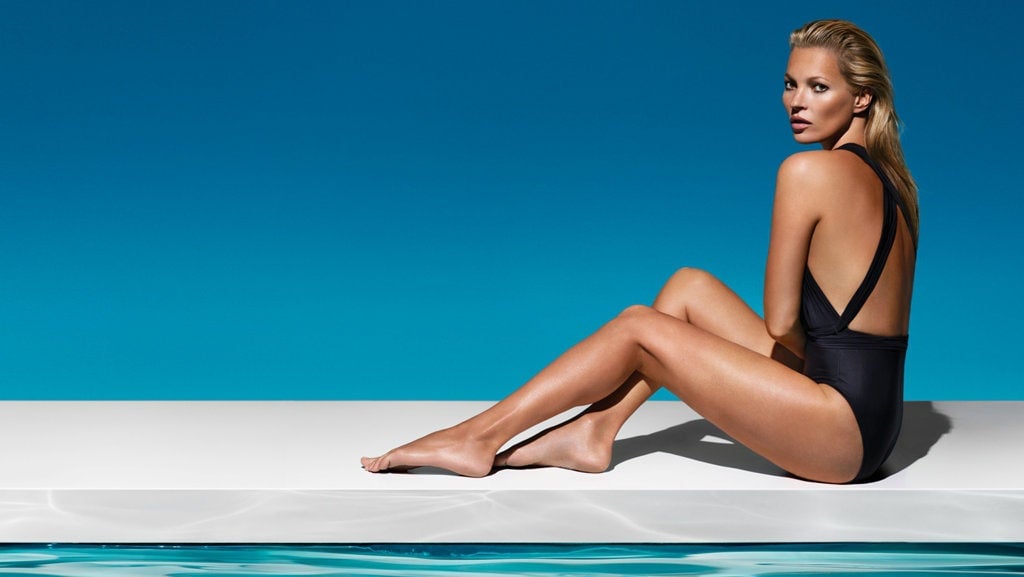Fake-tan creams and a naked supermodel are shielding a soap company from the world’s economic turmoil
PZ Cussons is not a household name, but many of the holding company’s products are. Normally, the London-listed maker of soaps, detergents, appliances and other consumer goods—sometimes dubbed a “mini Unilever”—would be happy to toil in obscurity, steadily expanding its reach and growing its profit.


PZ Cussons is not a household name, but many of the holding company’s products are. Normally, the London-listed maker of soaps, detergents, appliances and other consumer goods—sometimes dubbed a “mini Unilever”—would be happy to toil in obscurity, steadily expanding its reach and growing its profit.
But the company just reported a 32% drop in pre-tax profit for the fiscal year to May, reeling off a laundry list of woes from across its portfolio.
PZ Cussons derives more than 40% of its sales from Africa, mainly Nigeria. Its Premier brand is the country’s leading bar soap, while the Thermocool line of appliances are similarly strong in fridges and freezers. “Disruption in the north, the Ebola outbreak, presidential elections and a significant currency devaluation have all contributed to a very difficult operating environment,” the company said of the past 12 months in Nigeria. What’s more, last month Nigeria’s central bank forbid importers of 40 goods—including soap—from accessing foreign exchange in hopes of encouraging local production and bolstering the crumbling currency.
Meanwhile, the group also happens to own Greece’s largest olive oil brand, Minerva. A “challenging macro environment” in the country, the company said with great understatement, is making business difficult there. Needless to say, things have deteriorated significantly since the company’s May fiscal year-end.
In the company’s largest Asian markets—Indonesia and Australia—weak currencies conspired to produce a 12% drop in operating profit for the year.
This would all be worse if it wasn’t for… supermodel Kate Moss. The company’s UK unit—purveyor of Imperial Leather soap and the St Tropez fake-tan line fronted by Moss—has been PZ Cusson’s saving grace amidst the turmoil almost everywhere else where it operates. The recent launch of an in-shower tanning gel sold out within days among sun-shy Brits.
To recap: PZ Cussons is relying on tanning creams promoted by a naked supermodel in Britain to offset the effects of unrest in Nigeria on refrigerator sales, a debt crisis in Greece on olive-oil consumption, and the plunge in the Australian dollar on the detergent market in that country. If there is a more varied and eventful earnings report published so far this year, we’d like to see it.